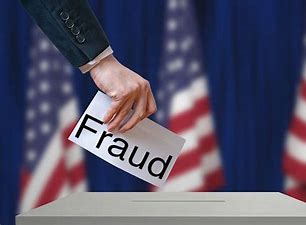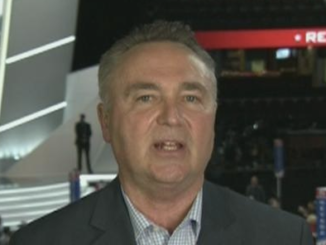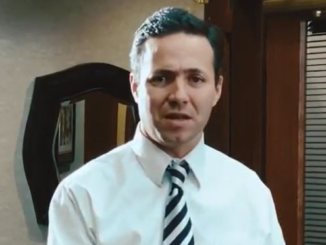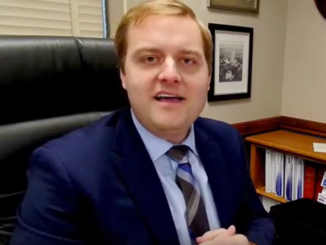
In less than 48 hours, the North Dakota Republican Party’s (NDGOP) State Committee will convene in Medora to elect officers and conduct party business. The speculation amongst some Republicans is that it’s shaping up to be quite contentious.
Yet, despite the differences that exist on the committee, there’s at least one issue to be considered that should be common ground for everyone involved— election integrity.
The topic will come in the form of a proposed five-page resolution that calls upon the North Dakota Legislature to make the following changes during their 2023 session:
- To remove the ability of state and local officials to “to change or suspend election law under emergency declarations or any other means.”
- To restore the “sanctity of election day by removing early voting and mail in voting”— with the exception of approved absentee ballots.
- To reduce reliance on electronic equipment and “ensure that any machines used in the process are free from the possibility of external tampering” by “bad actors.”
In addition to other things, it also calls for:
- North Dakota’s “congressional delegation to support the creation of a special bipartisan 2020 Election Commission” and to oppose federal legislation — known as HR1 or the “For the People Act of 2021” — aimed at federalizing voting rights.
- Congress and the President to “direct federal law enforcement agencies to assist” with the election commission’s investigations and to make their report “publicly available without redactions”.
The proposed resolution is, of course, in response to a very controversial 2020 General Election. The same election that resulted in Joe Biden ousting incumbent President Donald Trump amidst claims from some of voting irregularities and outright fraud.
And let’s not forget that a number of states decided to change their election laws leading up to November. This was especially problematic in swing states where state legislatures weren’t the ones making the changes.
In the aftermath of it all, Arizona hired a private contractor to conduct a forensic audit of over 2 million ballots in Maricopa County. That process is now winding down, but one “former local election official and national expert on post-election audits” recently witnessed the process and wrote an op-ed in which she expressed dissatisfaction with what she saw. Aside from her take on the situation, there’s still a push for more audits to take place in other states.
Regardless of where North Dakotans — or Americans as a whole for that matter — stand on the controversial 2020 General Election, there is one thing everyone should agree on— we must be able to trust the process. Anything less poses a grave threat to the American Republic.
Among the 22 whereas clauses found within the resolution to be considered on Saturday are the results of polling from Rasmussen showing that 47% of those polled believed there was enough fraud to affect the outcome of the election. Quinnipac found that 38% of voters they polled believed there was widespread fraud.
Now, to be clear, such polls don’t prove that there was fraud sufficient enough to impact the results of a presidential election. But what it does indicate is that a significant number of Americans believe that there was. And that’s a problem. We must restore confidence in our electoral system.
The NDGOP State Committee has an opportunity to show some leadership on the issue of election integrity. The only question that remains is whether they can put aside their differences long enough to actually do that.
PLEASE LIKE & SHARE!
Sources:
- Can ND’s Fractured Republican Party Leadership Ever Get Along? – The Minuteman Blog
- Text – H.R.1 – 117th Congress (2021-2022): For the People Act of 2021 | Congress.gov | Library of Congress
- 8 States in Voting Lawsuits With Election Day Less Than a Week Away | The Heritage Foundation
- Maricopa County’s partisan ballot review in final stages – CBS News
- I watched the GOP’s Arizona election audit. It was worse than you think. – The Washington Post
- Not just Arizona: Republicans push more partisan election ‘audits’ (nbcnews.com)
 Loading…
Loading…





